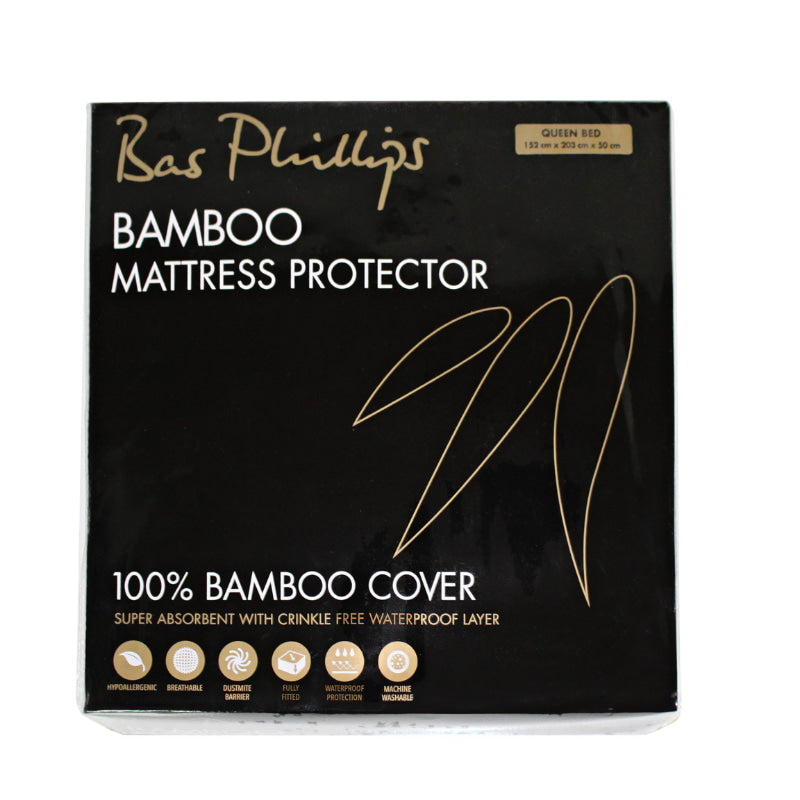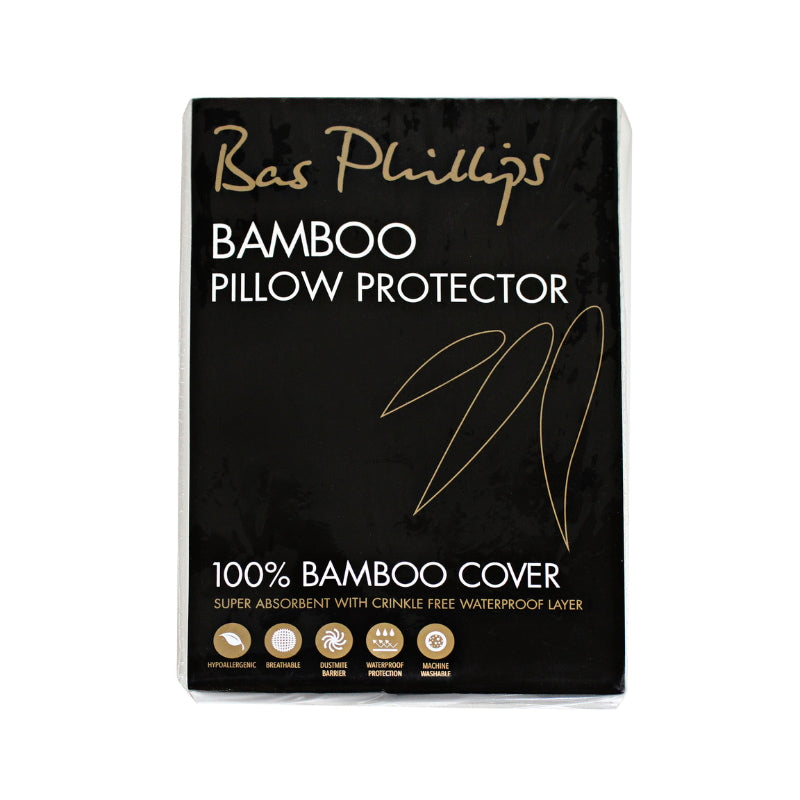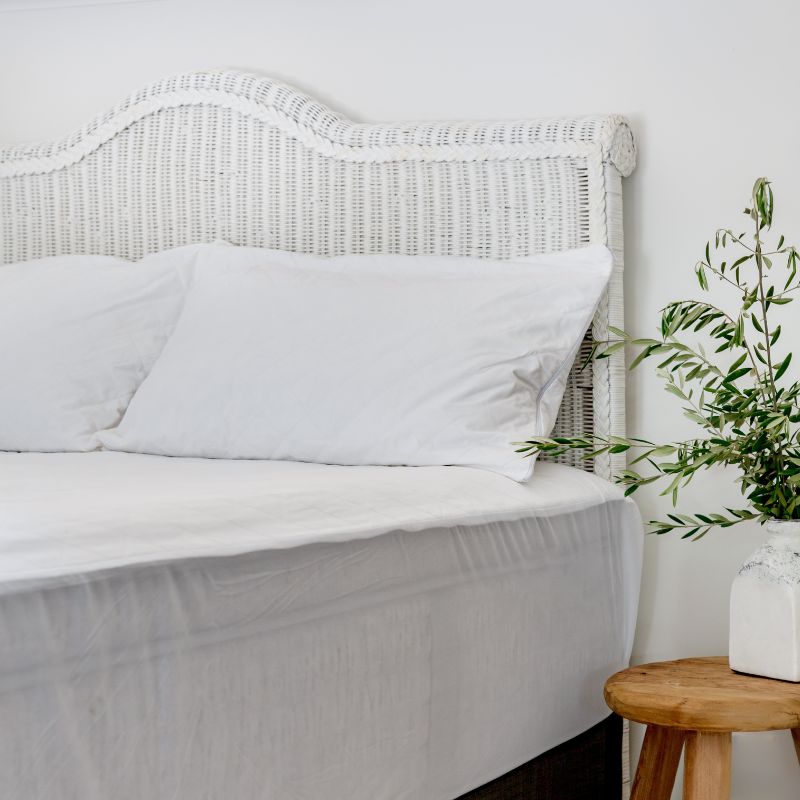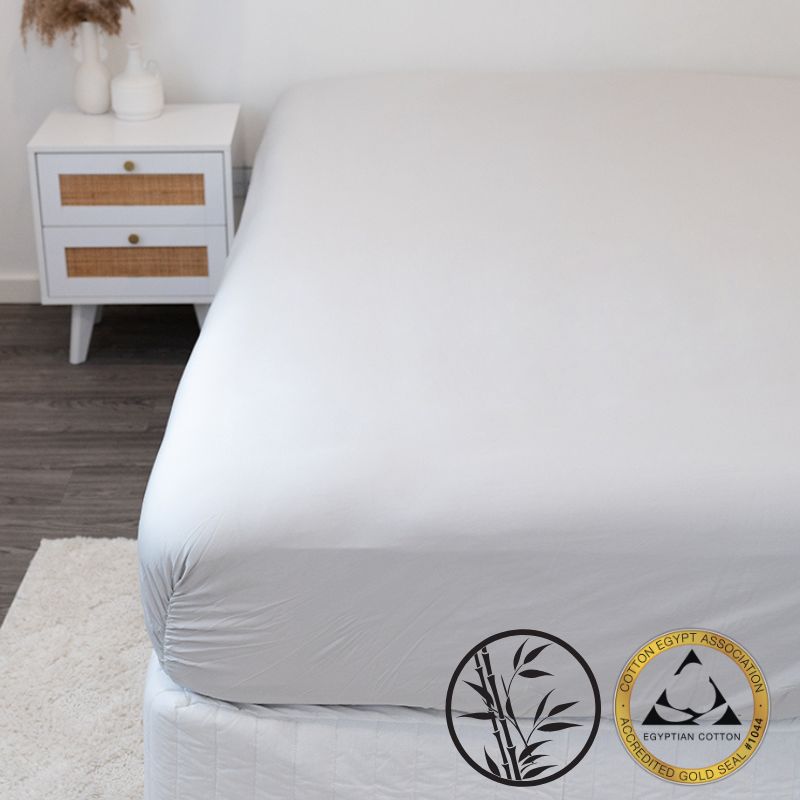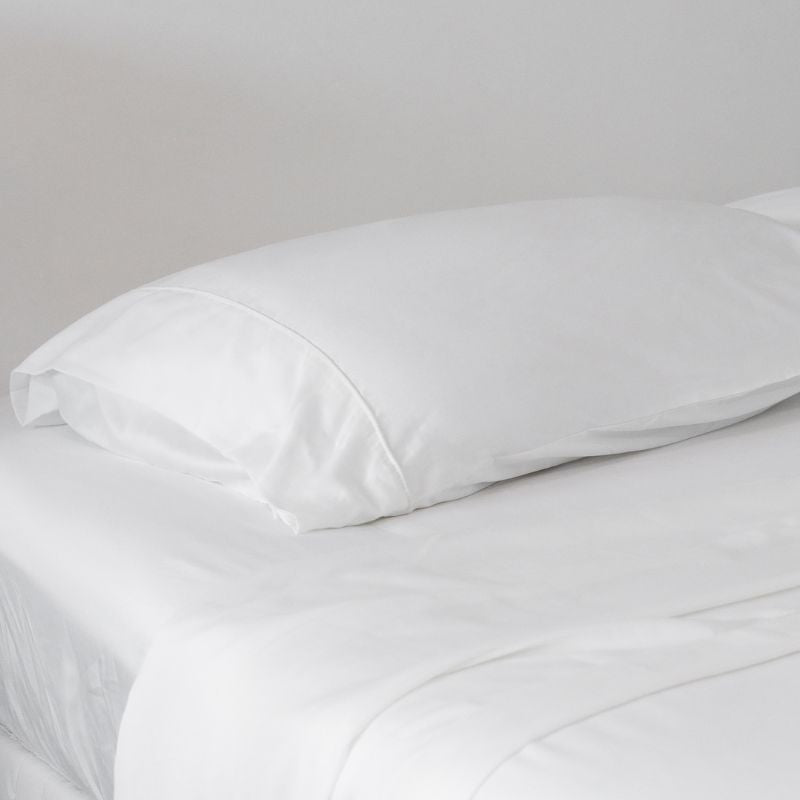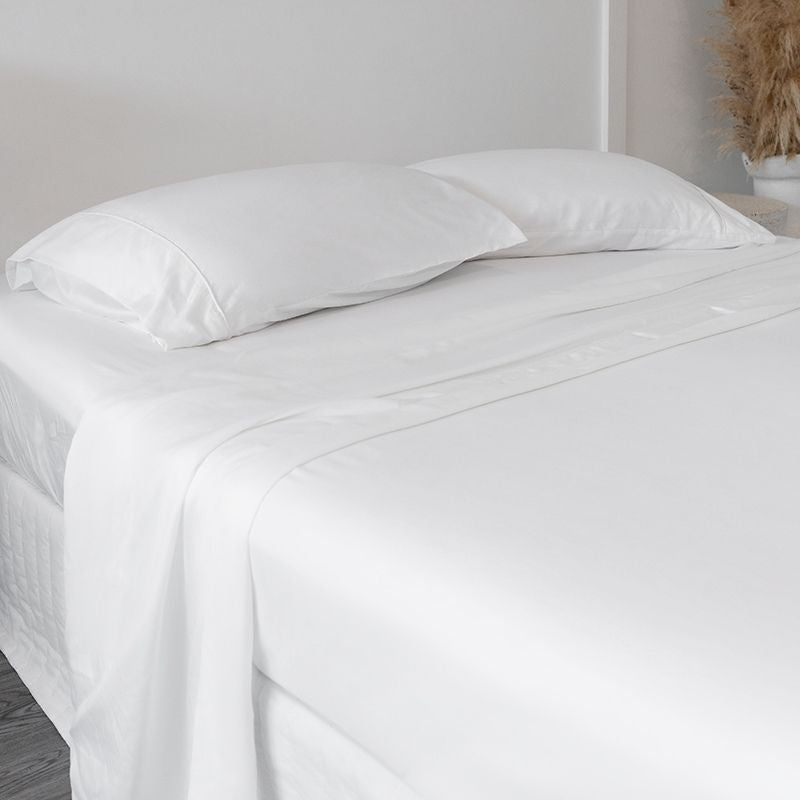Protecting Against Dust Mites
Dust mites frequently cause asthma flare-ups and allergy symptoms. These minuscule insects prefer warm, humid environments where they can feed on the dead skin and skin cells that people secrete throughout the day and night. Unfortunately, because they can survive on fabric surfaces for up to 10 days and spread from one piece of bedding to another and all over our bodies, dust mites love our beds and bedding the most.
Use a fully encased mattress protector with a zipper closure and a fully encased quilt protector for additional defence against dust mite allergies. The purpose of these covers is to put a barrier between you and the dust mites that live in your bedding. Dust mites can trigger allergy symptoms, so you can lessen them by preventing them from entering your bedding by encasing your mattress and quilt.
What kind of material you prefer should be taken into account when selecting an allergy bed cover. To ensure comfort and longevity, look for materials that are breathable and strong like cotton and bamboo. If you prefer the feel of cotton sheets against your skin while you sleep at night, natural fibre mattress protectors like those made of cotton and bamboo are a great option.
Read More: A Guide To Hypoallergenic Bedding. The Best Choices For Allergy Sufferers
Hypoallergenic Pillows
It's important to buy anti-allergy pillows made of synthetic fibres rather than natural materials like down or feathers because pillows are another location where allergens can gather. Since they are less likely to trap allergens inside the mattress, synthetic materials perform better. Even if there are some stuck inside, it will still be simpler to remove them than if you had used down or feathers.Pillow protectors should also be changed every three to six months because they can wear out over time and stop working as well. It is therefore important to wash pillow covers frequently.
Best Bedding for Allergy Sufferers
Purchasing bedding that will not only keep bacteria from growing but also keep allergens at bay is crucial if you have asthma. The hypoallergenic, dust mite-resistance, and antibacterial qualities of the best allergy bedding for those with allergies. If you're looking for new bedding, check to see if the sheets or pillowcases are hypoallergenic, which means they're made from materials less likely to cause an allergic reaction in people with sensitive skin or allergies.Since dust mites are almost universally present in homes, selecting bedding that keeps these minuscule pests away is crucial. Fortunately, there are many different kinds of bedding available that make that exact claim. Additionally, look for bedding items with antimicrobial qualities, as these materials aid in preventing bacterial growth on surfaces where you spend each night lying down.
Bamboo Bedding May Help Allergies
Bamboo fabric is one choice that stands out above all others. Bamboo is a highly adaptable material that can be used for a variety of products, including clothing, yoga mats, and household textiles like sheets and mattress protectors. Even quilts made entirely of bamboo fibre exist!
Due to its hypoallergenic, dust mite-resistance, and antimicrobial properties, bamboo is a great material for people who suffer from allergies. Bamboo fabric is a comfortable choice year-round because it is also inherently smooth, soft, and breathable.
Bamboo bedding is an excellent option for anyone who suffers from hay fever. Unlike some other materials, bamboo is naturally hypoallergenic and won't irritate your skin or eyes. As bamboo fabric is kind to the skin and won't irritate it, it's also a fantastic option for people who have skin allergies.
Bamboo bedding is not only hypoallergenic but also dust mite-proof. This is fantastic news for people who are allergic to dust mites and the waste they produce, which can lead to asthma flares and allergic reactions. Because bamboo is naturally smooth and moisture-wicking, it keeps your bedding fresh and dry by halting the development of mould and other allergens.
The antimicrobial qualities of bamboo bedding are an additional advantage. "Bamboo kun," a naturally occuring compound found in bamboo fabric, aids in inhibiting the growth of bacteria and other microorganisms. Because of this, bamboo bedding is less likely to contain allergens and harmful microorganisms, which can enhance your general health and wellbeing.
There are numerous choices available when it comes to bamboo bedding. There are plenty of bamboo-filled pillows and comforters on the market, as well as bamboo sheets, pillowcases, and quilt covers. Finding the ideal bedding to match your style and decor is simple thanks to the availability of many bamboo bedding products in a variety of colours and patterns.
Bamboo bedding not only helps people with allergies, but it's also a sustainable and green option. Bamboo, one of the world's plants with one of the fastest growth rates, needs less water and fertiliser than other crops like cotton. Because bamboo has a lower carbon footprint and requires fewer resources to produce, it is a more environmentally friendly option for bedding materials.
In conclusion, the bedding you select can have a significant impact on both your general health and quality of sleep. Purchasing anti-allergy bedding is a wise decision for allergy sufferers, as it can help reduce symptoms and encourage sound sleep. Due to its hypoallergenic, dust mite-resistance, and antimicrobial properties, bamboo bedding is a particularly effective option for those who suffer from allergies. Bamboo bedding is a choice you can feel good about because of its natural comfort and eco-friendly features.
Disclaimer: The information provided in this article is for general advice only and should not be taken as medical or professional advice. We recommend speaking with a healthcare professional if you have specific concerns about your allergies or asthma.


